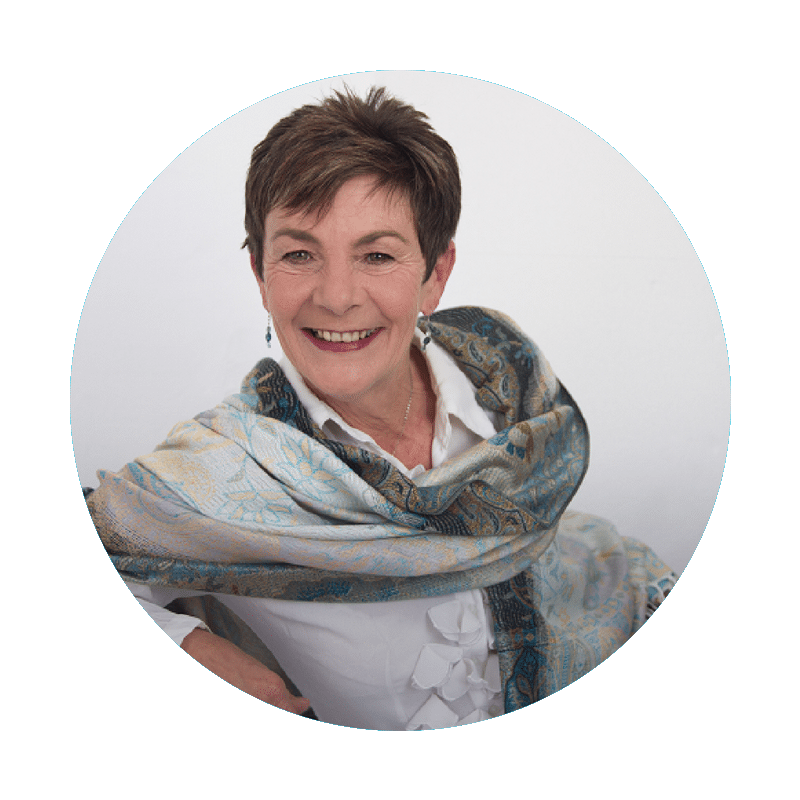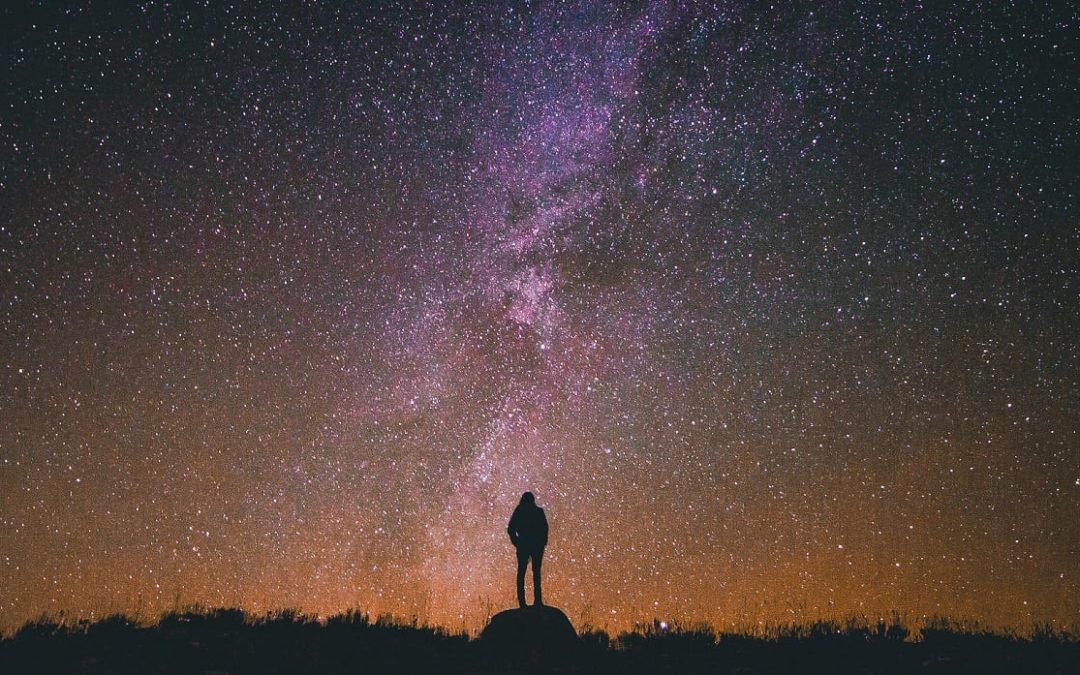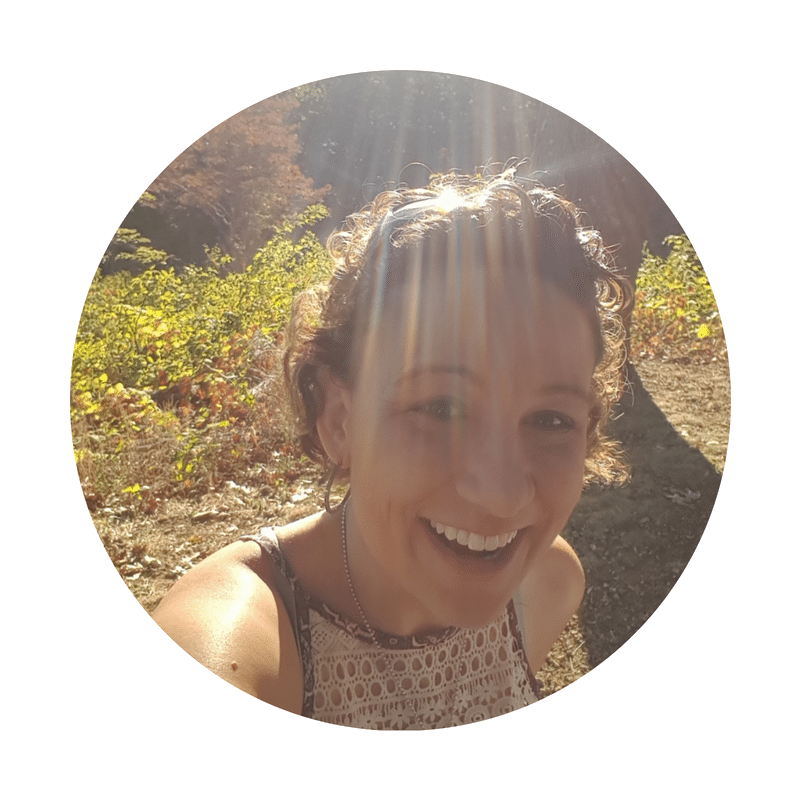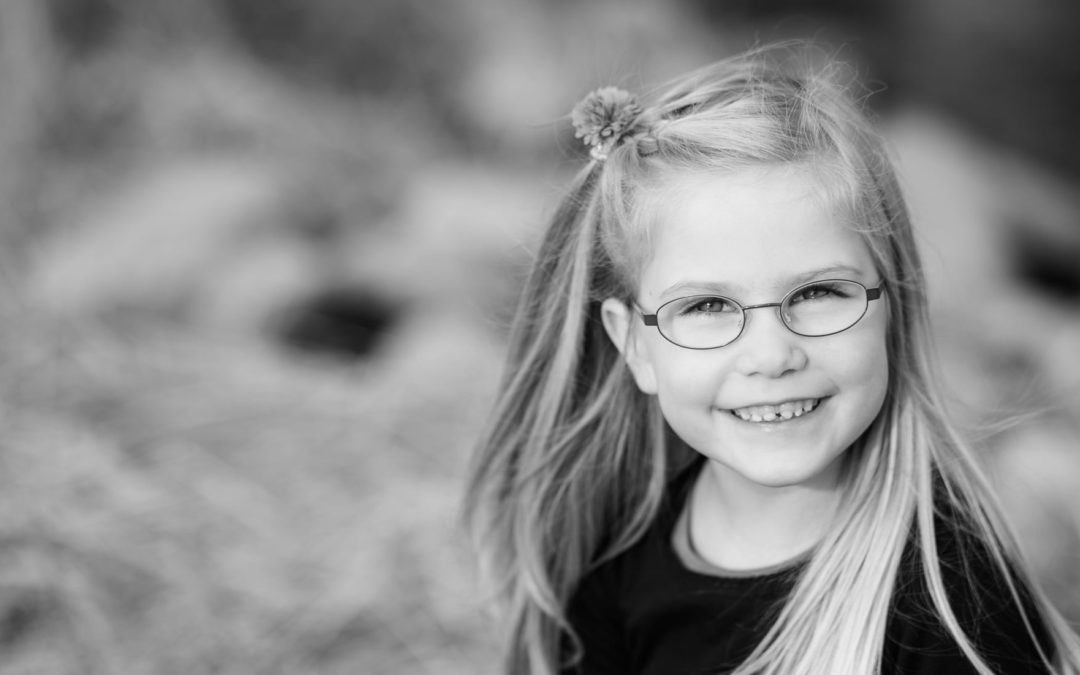
Vision Quest
Vision Quest
When I was two, I almost went blind in my right eye.
A close friend of my mother`s had noticed that my left eye was not tracking properly. It was turning out so that it appeared misaligned, and so a trip to the eye doctor`s was quickly arranged. I was examined and assessed and eventually given the diagnosis of constant extropia, also known as lazy eye.
Rather than attempt to saddle such a young patient with glasses, the optometrist opted to cover my working orb with a bandage to force my left eye to perform. For at least a couple of months I toddled more than most toddlers might as I explored my world with half of my sight literally under wraps. I have no memory of this experience but, with a son of my own so similarly aged, I can closely estimate how frustrating this must have been for both me and my parents.
Eventually, though, the professionals realized that they had made a mistake. In covering my good eye in the endeavor to exercise my poor one, the former had ceased to work. The gauze and tape had performed their task too well, and the perfect vision I had known in my right eye had been overturned by mandatory inertia. The doctor was alarmed by the severe inactivity upon re-exposing it, and he ceased the flawed experiment to try and remedy the eye`s unresponsiveness.
I was given thick glasses with a strong prescriptive lens on the left side and wire hooks curling out the arms and around my ears. My right eye reclaimed its dominion. And bandages were reserved for scraped knees.
Life returned to normal. For a time.
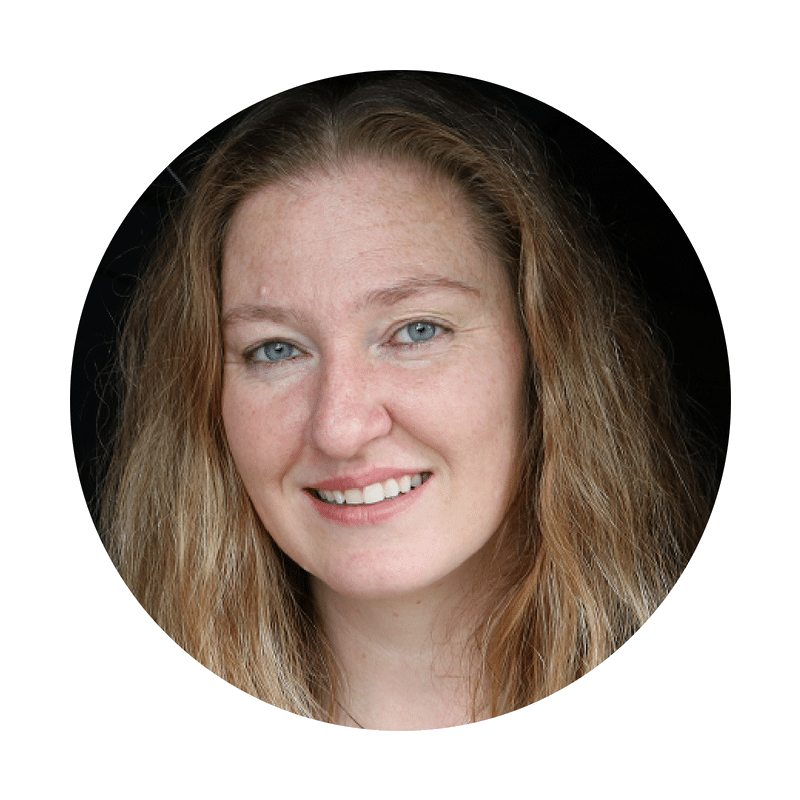
.
About Jennifer
Jennifer wrote her first poem at the age of six, and she has been involved in the world of words as an editor, a blogger, and an article writer. She is published in and shortlisted for a growing number of local, national, and international electronic and print publications.Most recently she had an essay, titled Bairnlorn, appear in the Globe & Mail, placed first in the My City, My Words poetry contest, and wrote and handcrafted a board book for her son.
She also tells terrible jokes.
When I was in the car one morning, being driven to my first grade class, I composed my first poem. It was a four-line ode to the sun and it was the inaugural beautiful hint at how writing might become a part of my life.
The next evidence, though, was not so sweet.
Four-eyes. Bookworm. Typing these terms of mockery still cover my irises with liquid pain. For all of elementary school, through surgery for my lazy eye when I was ten, and up until a couple of years after the procedure when I was finally told I no longer needed glasses, I was teased in such a way. I had been gifted with a mother who worked in the municipal library and whose vocation compelled her to share her love of reading with her children. So with plastic frames often perched atop a nose firmly stuck in a book, my childhood destiny was written.
But amongst the traumas of pre-pubescent bullying, I can still find ways to be grateful. Without those trying, formative years, I would not have become discerning in my selection of close friends. I learned a great deal about how to read people and understand the nuances of expressions, words and even emotions. My people watching skills surely developed while I pumped my legs alone on the swing, and my ability to gain solace with my own thoughts and company must have had their foundation in the field`s perimeter of gravel and dirt, over which my two feet carried me on countless recesses.
These are the skills upon which I began to create my authorship, both as a girl who contributed a couple of articles to the school newspaper and as a young person trying to write a happy ending for her life. Those glasses, the names, and the way my vision had to adapt and then adapt again – all of it means something. Each flicker of experience has contributed to who I am now, and to how I am able to share parts of myself on the page.
I am thankful my eyesight was not permanently marred by an optometrist’s misguided efforts to help. More so, I am grateful for the opportunity to remember how we can’t cover up what is working and concentrate solely on what is dysfunctional. Too often we focus on the negative, but in doing so we rob ourselves of examining a full life. I, for one, want to explore the width, depth and height of who I am and what I have been through with a writer’s vision: with eyes wide open and lifted toward the shifting colours of an infuriating, peaceful, grieving, joyous, confusing and insightful horizon.
Author Potential Profile Assessment
Discover your hidden strengths as well as the areas you need to build on to become an author.

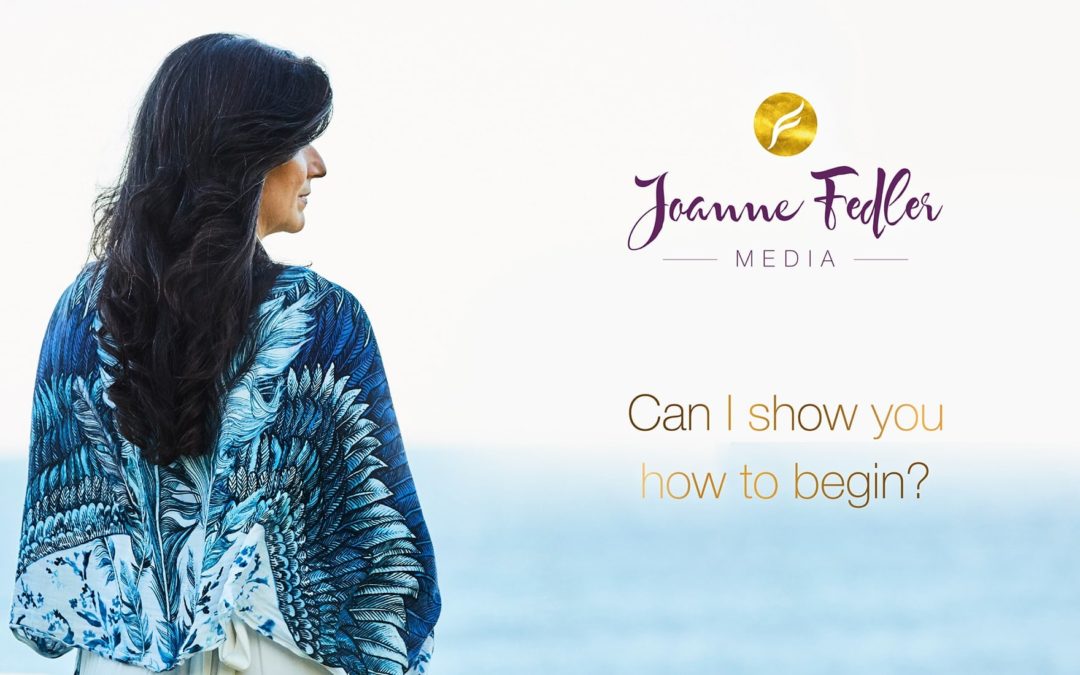
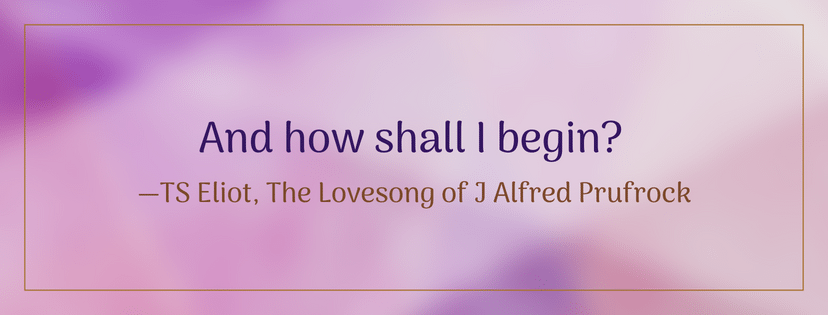

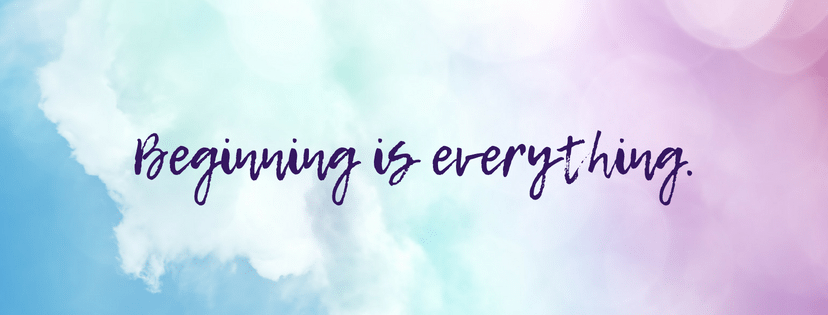
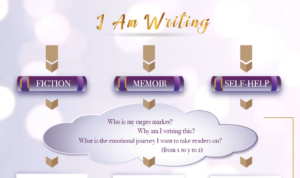 Below, you’ll find a map – an infographic – which will ask you to identify whether you’re working on fiction, memoir or self-help and will then guide you to the essential questions you need to tackle as a starting point for each one.
Below, you’ll find a map – an infographic – which will ask you to identify whether you’re working on fiction, memoir or self-help and will then guide you to the essential questions you need to tackle as a starting point for each one.
